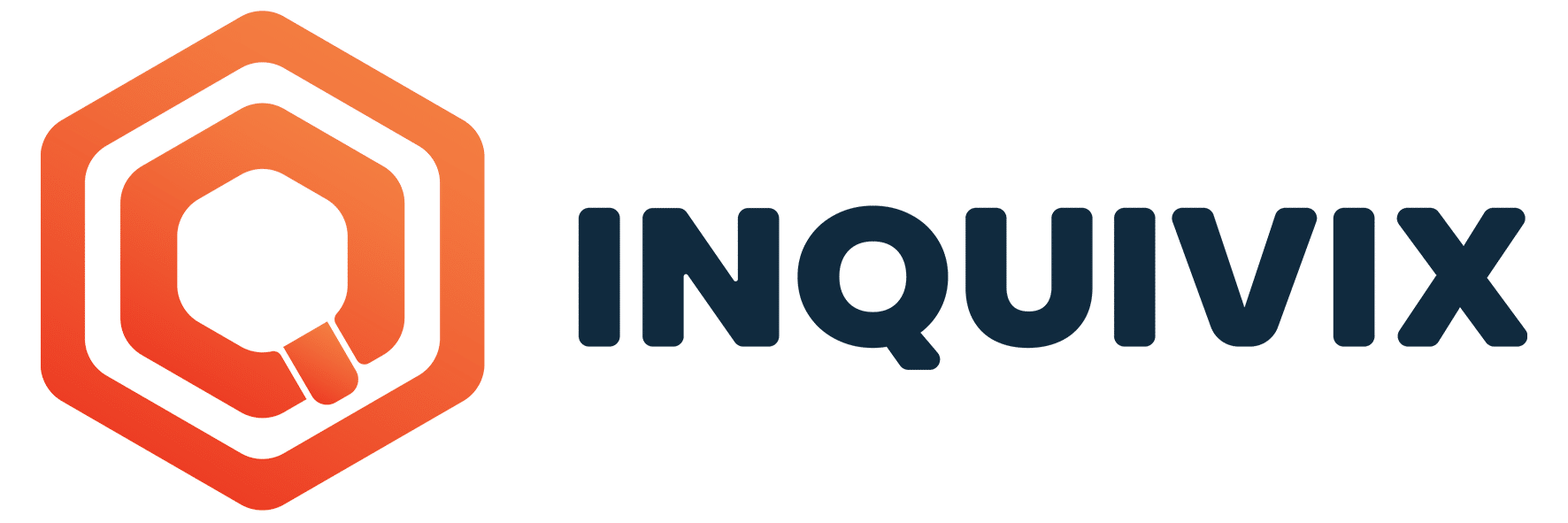Inquivix HQ
1-903, 18 Eonju-ro 146-gil,
Gangnam-gu, Seoul, Korea
06057

South Korean search engine – On the internet, the key players are search engines. From a single word to phrases and sentences, anything you want to find needs a search engine. There are many search engines at work every single second of the day. Google, Bing, Yahoo, or any other search engine brings you answers, some better than others. However, the dynamics of the search engine world are always changing. Yahoo was the most popular a long time ago (truly). But now, searching for something over the internet is synonymous with Google.
Google has been the king of search engines for many years, and its influence can be seen all over the world. However, when it comes to South Korea, there is a new challenger in town. Naver, which is the most popular search engine in South Korea, is giving Google a run for its money.
In the United States, Google has a monopoly on search with an 88% market share. Naver has over 50% of the market in South Korea, and Google has a market share in the late 30% to 40% range. Thanks to its ever-evolving algorithm updates, Google is on track to rapidly expand its market presence. Naver is not falling behind either. Powerful Google’s search engine has made some impressive inroads over the years, but they have not yet unseated Naver from its throne as the king of the South Korean search market.
South Korea Search Engine NAVER’s Use of AI to Initiate an Enhanced Search System
Naver, the leading search engine in the South Korean search industry, is planning to improve the search engine with artificial intelligence (AI) to distinguish itself from the competition. They have decided to rewrite the search structure for smart people because the current system, which merely displays the correct response, does not meet the needs of South Korean customers. They’ve begun a project to completely overhaul the search structure, which has been in place for more than 20 years.
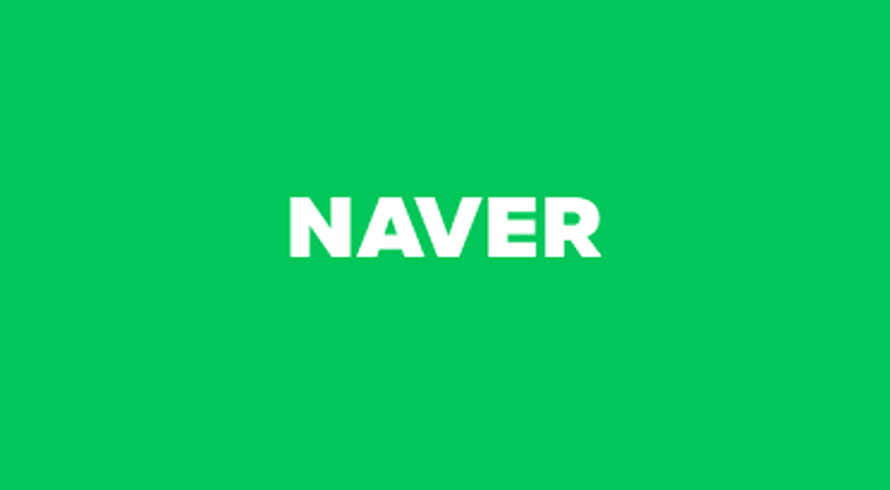
The South Korean search engine giant announced the creation of a new search brand, “AiRSearch.” Naver has been investing in adjacent areas, anticipating that artificial intelligence will become its primary source of competitive advantage in the search platform market, which accounts for about half of the company’s revenues. It has been working on AI technologies for a long time. This led to the development of a new search system that knows what people are looking for and gives them personalized results.
AiRSearch-NAVER’s Tailored AI-Powered Search Service
In AiRSearch, “smart blocks” are utilized to reveal user preferences, which are comprised of current trends and personal interests. This is an attempt to improve upon the limitations of conventional standardized group-based search results that are provided to everyone equally. So far in Naver, each user’s search results have been grouped together under the same verticals, which didn’t respond to their distinct search intents. The changes will allow users to find what they are looking for far more easily than before.
Increased Explanatory Searches
There is a tendency for South Korean users to explore data rather than look for one right answer. Naver Search’s search volume is increasing at a rapid rate, with exploratory searches accounting for roughly 70% of queries. Every year, there is a 10% increase in query diversity.
Naver’s new search technology, which examines users’ search intents and interests, allows consumers to discover not just solutions but also their preferences by examining the findings for a number of topics. Naver Search CIC’s director, explained, “The need for tailored search that can pinpoint a user’s imprecise purpose and interests are growing, making information browsing a component of the search process.”
‘AiRsearch’ Centered on Smart Blocks
With AiRSearch, the search results will be provided in blocks that represent current trends and personal interests. By using Naver’s AI, data, and deep insights about users, Smart Blocks are generated to provide the best results. “Smart Block Innovation” is based on content analysis, and the “Smart Block Ranking” is based on user intent, where Naver’s various AI technologies are reflected at each step.
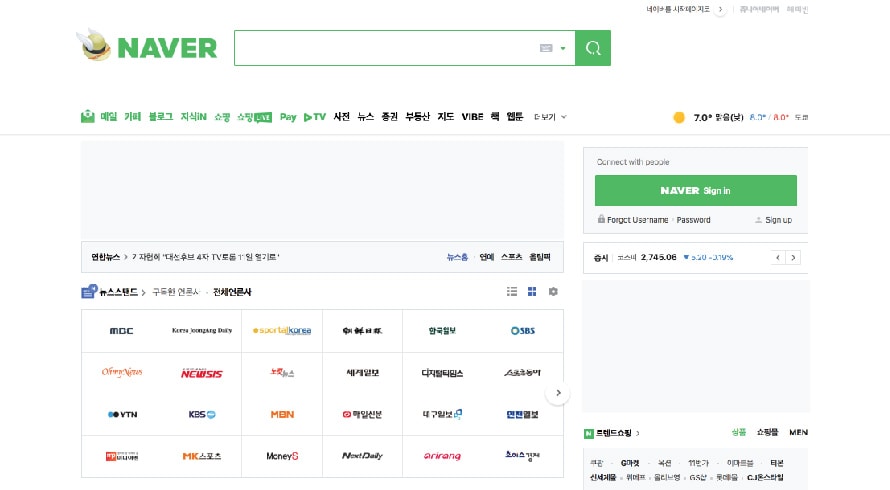
Expansions of Smart Blocks
As data accumulates, the smart block recommendation algorithm is expected to improve. According to Naver, the beta testing for 40 keywords revealed that the type of content consumed per the same keyword varied by more than 38%. As a result, it was confirmed that results were matched for users.
Kim Sang-Bum has mentioned that “with Smart Block, users do not have to search for and enter multiple search terms to find the desired result, and even if they enter a vague search term, they can quickly find content or grasp various trends in a specific field at a glance.”
Why Is NAVER Ahead of Google in South Korea?
Naver has frequently been ahead of Google and some other tech giants when it comes to innovations. Naver launched Knowledge In in 2002, which was the precursor to Yahoo! Answers. The Knowledge In Q & A database is still highly popular among South Korean users. Naver began offering distinct sorts of search results long before Google’s Universal Search debuted.

From a search engine standpoint, Naver has long been more of a social search engine, whereas Google is still in its early phases. In a campaign called “Go Google My Korea,” which ran for about three months, Google created the Search Plus My World (SPYW) algorithm on November 19, 2014. Long before that, Naver’s me.naver.com had been around since at least 2010.
As Mr. Chae, CEO of Naver, once said, “Naver’s forte is in aggregating useful information for popular topics, often created by the users themselves (blogs and Q&A searches), and presenting such information in a very human-friendly way (heard of “universal search”?). Unlike Google, Naver doesn’t rely almost entirely on the brute force performance of its search algorithm.
What NAVER Can’t Do That Google Can
It is also important to remember that Naver’s search engine is designed around the Korean language, which helps it provide more relevant results than Google. Since Korean syntax differs significantly from that of the English language, not all the AI-related translation efforts are 100% successful. Even with advanced AI technology, language nuances are hard to replicate. Naver, being a Korean language-based search engine, meets user needs and satisfies South Korean customers better than Google does.
There are several other aspects where Naver performs better than Google in the South Korean search services. Here’s a more detailed article we have on Google and Naver.
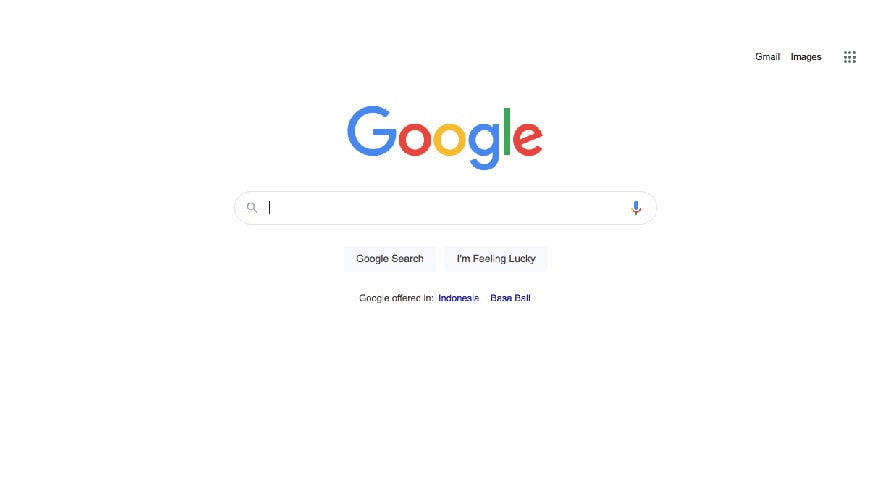
Does Korean SEO Exist?
Korean SEO, on the other hand, does not exist in the same way that it does in most parts of the world. Each Naver search type (knowledge search, blog and cafe search, news search, and so on) has its own algorithm. So there is no such thing as a one-size-fits-all optimization strategy. It’s a combination of pay-per-click and pay-per-time advertising, as well as Knowledge In, blogs, and cafés’ (essentially, multi-media blogs) promotion. That is a clearer picture of Korean SEO.
Google’s Growth in Korea over the Years
The dynamics of search engine popularity are everchanging. While Google had a lower market share in Korea a few years ago, it has been gaining slowly. This upward trend is largely due to the growth in smartphone usage and changes in Korean internet users’ search habits. Almost all Android devices come with the Google app pre-installed. This means that when people need to search for something, they are likely to use Google, regardless of where they are located. No matter how many people use Naver, its market share is going down.
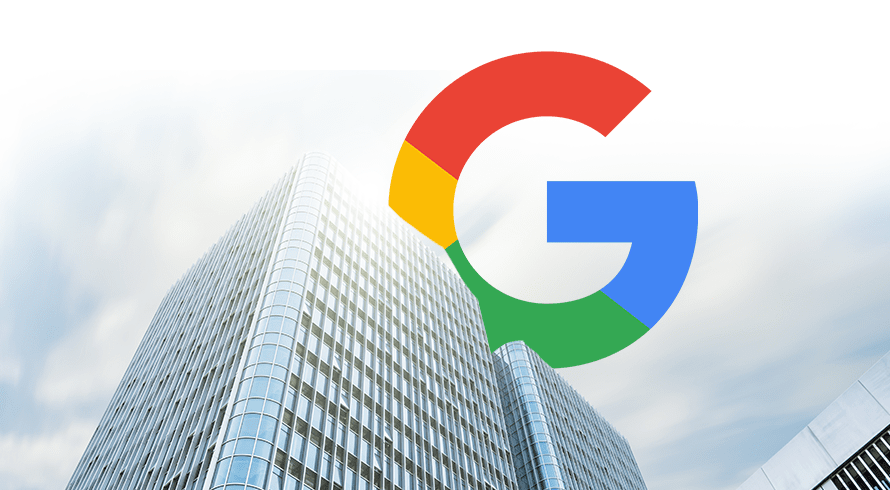
According to data tracker Internet Trend, Google’s presence was virtually non-existent five years ago, with just 0.78% of the market share. However, by the end of 2021, it had grown to 41%, according to statisticians at Google trends.
Meanwhile, the share of South Korea’s own Naver site has dropped from 86% in 2016 to 53% currently. In the past, Naver had a bigger share of the market than Google did.
Conclusion
The shift in search engine dynamics can be seen as a clear indication of the changing tides in South Korea’s online space. With Naver solidifying its lead and Google making up ground, it will be interesting to see how these two players continue to compete for dominance in the years to come.
Both Naver and Google have made significant investments in their search engines over the years, each striving to provide the best user experience possible. This has led to a number of innovations in space, including Naver’s introduction of its own artificial intelligence (AI). As South Korea’s online landscape continues to evolve, it will be interesting to see how these two players continue to compete for dominance in the years to come.
